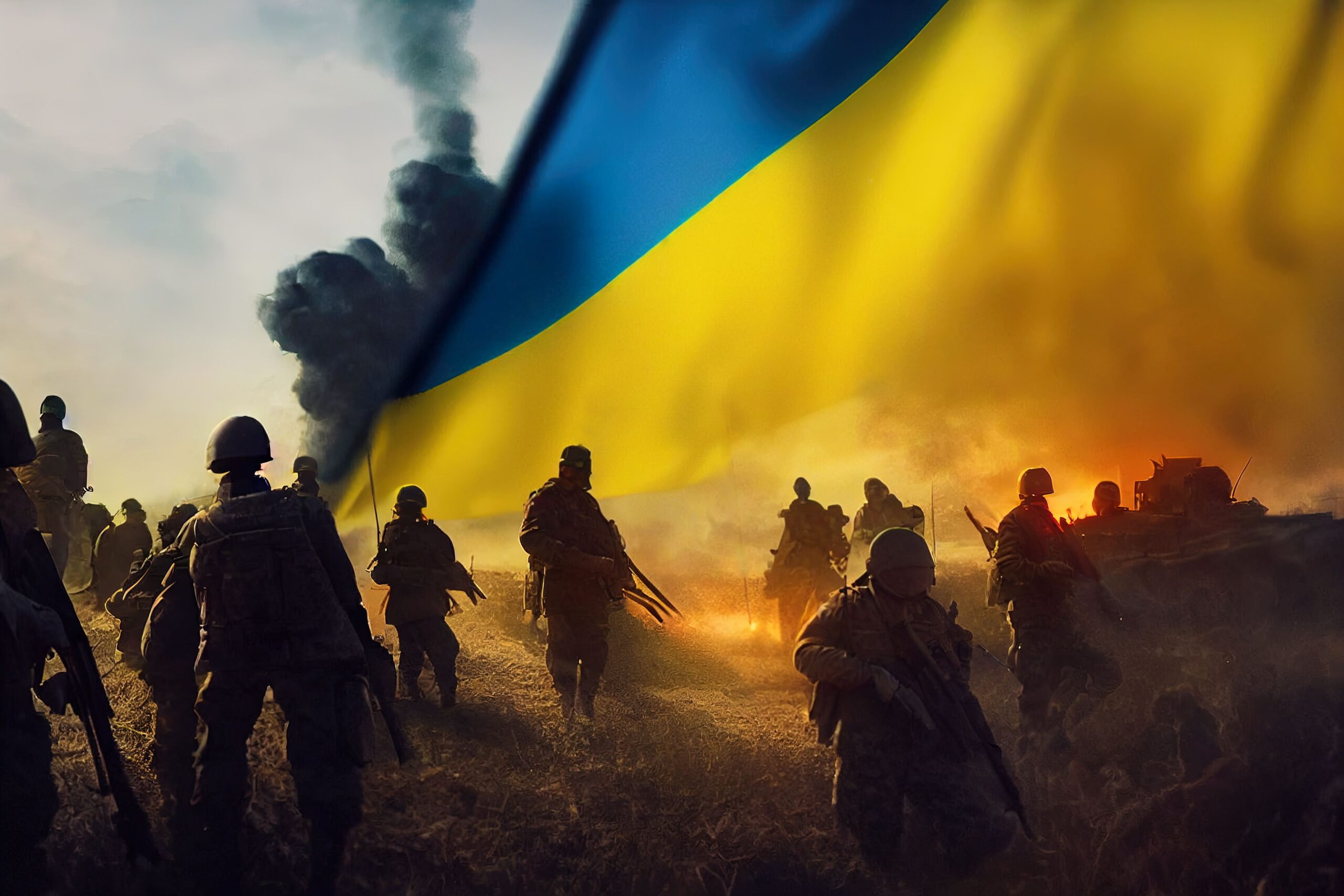Some Western politicians believe that Ukraine should not be too infantile, but rather think in terms of “realpolitik.” This means making concessions to the aggressor and abandoning international law. But for themselves, these people who recommend “experienced pragmatism” do not want to abandon legal norms and live by the “laws of the jungle.”
One example of the promotion of such Real Politics was the preparations for the Peace Summit in Switzerland, where some countries began to promote the rejection of the “Ukrainian peace formula” or, as it is called, the “Zelenskyy formula” as the only option to end the war. Our formula was de facto the “formula of Ukrainian victory” and provided for the liberation of all occupied territories, compensation for damages, and punishment of the perpetrators, including the creation of a “tribunal for Putin.” Ukraine does not demand anything special for itself – only compliance with international law, the norms of which have been established for the normal functioning of the global economy and relations between states.
However, some Western politicians seem to be willing to wipe their feet on the international rules of the game and refuse to punish the scoundrel who has jeopardized the rules of the world order. During the preparation of the Peace Summit, ideas were voiced not so much about punishing an international war criminal wanted for kidnapping children as about offering concessions to the aggressor. It was proposed to consider Chinese, African and other peace plans approved by the Kremlin as the basis for a settlement.
According to the documents at the disposal of Yevropeiska Pravda, the original Ukrainian wording that the parameters of peace should “comply with the UN Charter” was changed to read that the Charter should have a “guiding role.” “We do not know which of the states participating in the summit insisted on such changes, but we also cannot exclude that some dream of using this strange adjustment to subsequently normalize the revision of Ukraine’s borders,” the publication notes.
When the compromise version of the final communiqué of the summit was sent from Bern to all the capitals of the participating countries, the draft proved to be dangerous for Ukraine. Kyiv was forced to reiterate that “Ukraine will not back down from the Peace Formula.” Ukraine had to explain to its international partners again that if your wife was raped, you have to demand that the perpetrator be brought to justice, not compromise, concessions, or negotiations with the aggressor. But in such a situation, fans of “pragmatic politics” would not want to experience the implementation of their recommendations on their own skin. It is good to tell a warring country about Real Politics from a comfortable office in a country protected by Euro-Atlantic security guarantees. But for their own countries, “pragmatic advisors” choose only the power of law.
Soon, the summit communiqué began to be amended to be closer to a civilized form of conflict resolution. While the May draft decision of the Peace Summit did not mention the word “aggression,” the text now refers to “the aggression of the Russian Federation against Ukraine.” While the previous draft, proposed by the Swiss, created the possibility of Ukraine giving up part of its territory to the conditions of “sustainable peace with the Russian Federation,” the draft now clearly states that the basis for sustainable peace will be only “a solution based on the principle of respect for the territorial integrity and sovereignty of all states.”
Instead of the Chinese, Brazilian, and other pro-Russian drafts of the peace plan, which provided for a halt to the strengthening of the Armed Forces and a cessation of hostilities, it was emphasized that only peace proposals that comply with international law would be taken into account. This means the unconditional return of the 1991 borders (unless they are revised by Ukraine itself, which is a rather dangerous option) and the UN Charter.
In general, the Summit can hardly be called a significant victory of the international community over barbarism, but Ukraine and those Western partners who understand the importance of adherence to international law, respect for laws and other norms that help humanity live in a civilized manner managed to preserve the basic principles of adherence to the rule of law, instead of the rule of force.
Author: Valeriy Maydanyuk


Leave a Reply